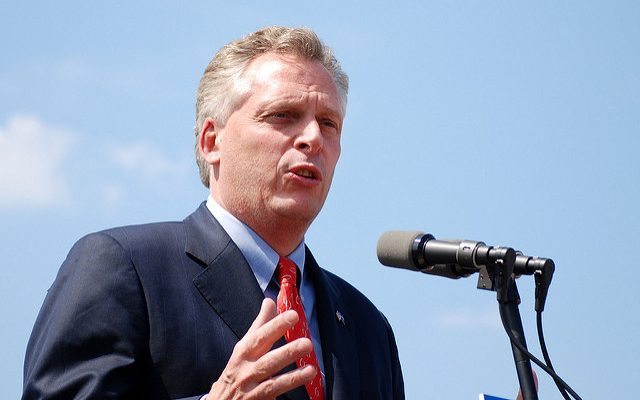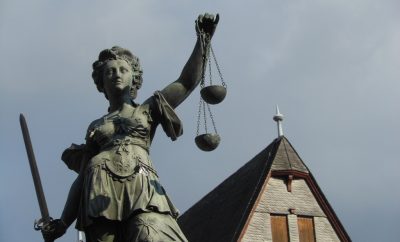 "McAuliffe" Courtesy of [Kate Wellington via Flickr]
"McAuliffe" Courtesy of [Kate Wellington via Flickr]
News
Virginia Governor Wages Fierce Fight for Voting Rights
Virginia Governor Terry McAuliffe received fierce opposition from Virginia republicans when he released an executive order in late April to restore voting rights to over 200,000 ex-felons. McAuliffe’s opponents argued that he was overstepping his restoration powers in his capacity as governor and that he only had the power to restore voting rights on a case-by-case basis. On July 22, the Virginia Supreme Court ruled that he had indeed overstepped his constitutional powers in a 4-3 decision, shooting down his blanket restoration move.
When he first took up the fight to restore voting rights for released felons, McAuliffe—who has historically been engaged in national democratic politics as former Chairman of the Democratic National Committee and co-chairman of Hillary Clinton’s 2008 presidential campaign—was criticized for using restoration as a political tool. With one in five adult African-Americans being disenfranchised in Virginia, republican opponents argued that McAuliffe was trying to “unlock” the minority vote in the wake of the 2016 presidential election.
McAuliffe starkly denies this. Rather, he claims that any citizen who has completed the full term of their sentence shouldn’t be disenfranchised. McAuliffe aims to relieve some of the ex-felons’ burden by restoring voting rights, as disenfranchisement is one of the most significant collateral consequences facing prison releasees.
While the Howell v. McAuliffe decision is certainly a setback, McAuliffe isn’t done with his battle for voting rights quite yet. In a statement released following the July 22 decision McAuliffe promised that he will still pursue restoration. The governor will individually sign 13,000 restoration orders this month and will not stop signing restoration orders until all affected individuals reclaim their right to vote.
Virginia is one of less than ten states that still disenfranchises felons who have completed all terms of their sentence, and is one of less than five states where over 20 percent of African-American adults are disenfranchised. Thus felon disenfranchisement—in addition to the disproportionate incarceration of African-Americans—has the innately undemocratic effect of suppressing minority votes and minority voices.
McAuliffe holds that his action is unpartisan, that he is acting to alleviate the intense injustices that have plagued Virginia’s past. He holds that voting rights ensure certain citizens aren’t being unfairly targeted and excluded from the democratic process.
During his tenure, McAuliffe has championed many issues of inequality. Such instances include initiating preschool programs in impoverished schools/communities, vetoing multiple pieces of legislation aiming to restrict abortion access, and more. The closing sentiment of his statement on the voting rights case sums up the progressive governor’s spirit: “The struggle for civil rights has always been a long and difficult one, but the fight goes on.”








Comments